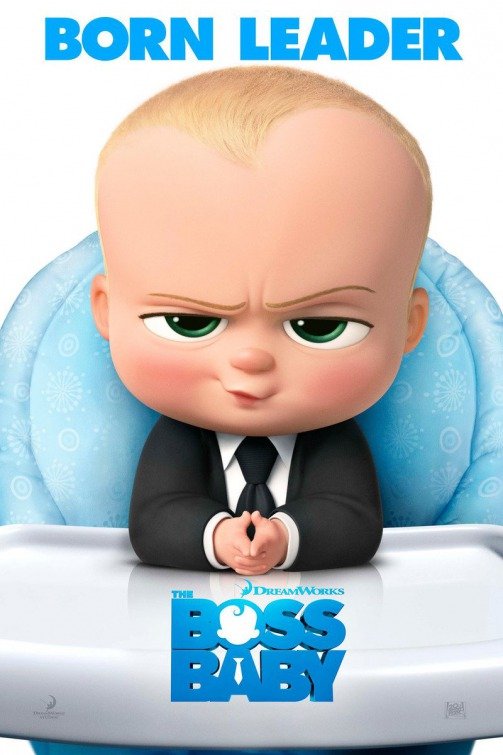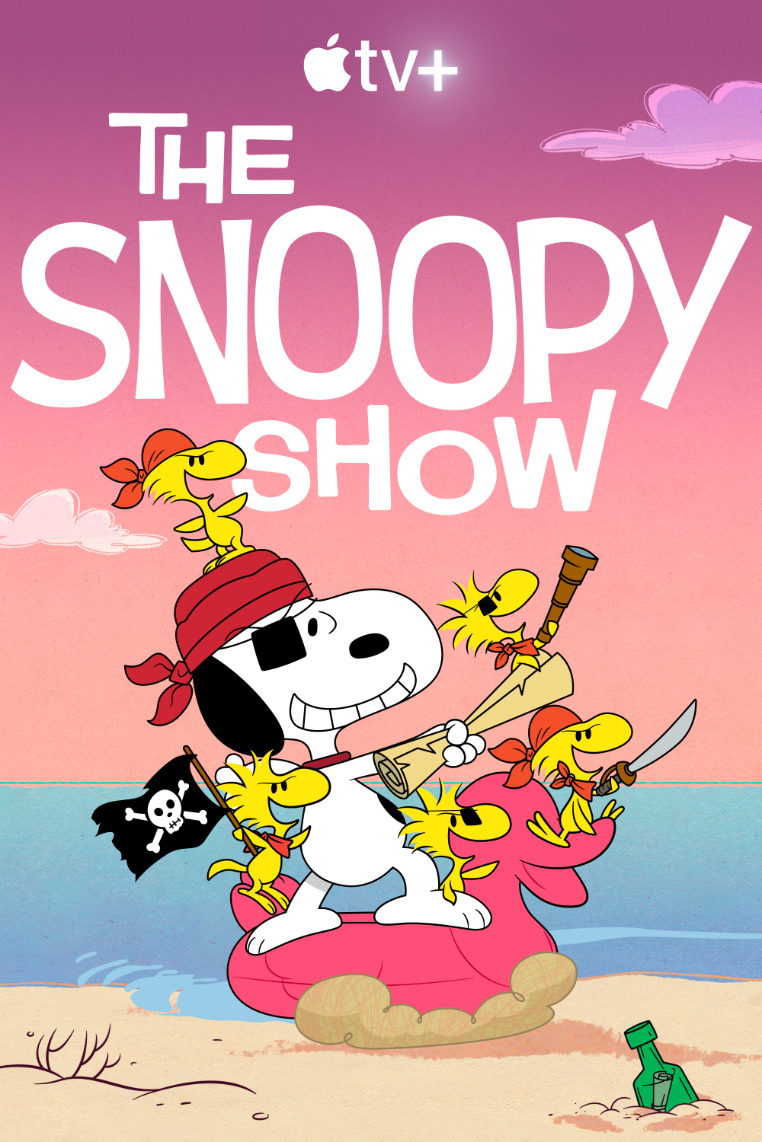Wakanda, Not My Africa
By Olukayode Olubunmi
So, the much noise about the movie, the Black Panther has come and gone from theaters, and it is no longer news that it is a blockbuster with over one billion dollar box office earnings to boot. That, by all means, is no small achievement. Congratulations to the producers, director, cast and crew for a historic feat. A lot has already been said and deservedly so, about the possibility of this movie hopefully marking a turning point for the opportunities available for black filmmakers in Hollywood and black audiences.
Despite the thespian and box office success of the flick however, I have a few things to say. This is not just because I just feel the need to say something, but more importantly because as a true born and bred African, I reserve the inalienable right to make my voice heard about my beloved Africa and not leave my story to muzungu narratives, regardless of their color or status. The Black Panther at best is a warped idea of some hyphenated wanna be African dream that not only fails to bear relevance with reality, it is a far cry from the Africa of my dream, and I dare say I speak for many Africans like me.
The movie was projected as a futuristic fantasy of a supposedly desirable Africa, touting an appeal to a unitary black identity that is able to stand toe to toe with the so-called “colonizers” when in reality the movie is a Western film, shot for a Western audience.
I don’t have a problem with fictions, it is not the exclusive preserve of any particular civilization, it is a fundamental part of the very fabric of the African way of life. What I find highly objectionable is the pretense of those who do not know Africa seeking to proffer what’s best for us under the guise of some futuristic technology or a rare mineral called vibranium, which by the way was mentioned in the Spiderman’s homecoming movie, therefore it cannot be said to be exclusive to Wakanda.
Here are my issues, touching briefly on the political, spiritual, economical, and musical.
1. Autocracy.
When all said and done, Wakanda it will seem, belongs to just one family, with the King as the overall head, a cousin as the spiritual head and a daughter as the technological head and kinda like the custodian of vibranium. This has been and for the most part remains the current story of Africa and to see that elevated in the movie, as the future is unacceptable to say the least.
Wakandan leadership is determined not by merit and choice of the people but rather by an autocratic succession and a violent celebration of muscles at the expense of intelligence and excellence. Why couldn’t the sister or any other female be a valid contender to leadership? A truly credible futuristic fantasy of Africa will have a woman at the ultimate helm of affairs, not just as the warlord, we already have many women warlords in our checkered history. Why couldn’t an ordinary howbeit scrawny Wakandan citizen legitimately aspire to leadership? That will be a future to aspire to, where any able and motivated person can be all that they dare to dream.
What this portends is that if I’m not of royal ancestry and I’m not a muscular, violent person, who cannot engage in physical combat, there’s no hope of leadership for me, this is not the Africa of my dream. So my question is, where is democracy in the Wakandan African future?
2. Ancestral worship.
The idea of communicating with the dead is so dumb on many levels. First it makes the leader a wimpy character of sort, who feels inadequate in himself and the support system of the living around him that he’s such a daddy’s boy that will run to get help from a familial spirit, never minding the fact that he stood up to his dad on the second encounter. Engaging with the dead is not only needless, it is dangerous; the future of an African with spineless leadership is certainly not an appealing one.
Most importantly, it is a subtle yet deceptive promotion of witchcraft, which can easily lead to bondage for the defenseless and impressionable. Africa is already over rife with a preponderant influence of diabolical, fetish and black magic practices; we need to do away from these practices faster than we run from plagues. For me as a Christian, this represents an act of clear disobedience to God’s instruction and promoting this kind of disobedience pitches one on a head-on collision with God. I’m not necessarily advocating that Christianity should be projected in the movie, but I strongly reject the African traditional worship also, it is a form of religion and if you don’t respect the Christian faith that most Africans, numbering billions, currently embrace, I’d rather you steer clear of any religion at all. Ancestral worship takes Africa backward, not forward.
I can’t help but wonder at the Wakanda who believes in the supernatural as demonstrated by the concoctions that must be ingested to take on and manifest the power of the Black Panther and yet conveniently muted the existence or mention of God. In my heritage as a Yoruba man in Nigeria, God regardless of the tribal or local language or reference is never a substitute for the ancestors; God is a very present and consistent part of the African lifestyle. Of course there are those involved in ancestral and traditional African religious worship, but it’s never one and the same. Case in point, there are different ancestral deities like ogun, the god of iron, sango, the god of thunder etc. that are worshiped and venerated by certain people, but all these gods are subject to the Almighty God we refer to as Olodumare or Olorun. So for any expression to project ancestral worship as a religion synonymous to African is grossly false and misleading.
3. Mono Economy.
The burden of Wakanda’s success is essentially hung on vibranium, which might as well be the crude oil in Angola, Nigeria, Libya, etc., the very bane of Africa today. Wakanda, which is supposedly Africa tomorrow is actually Africa now, where every day human expression like creative and liberal arts, social and political sciences, etc. are scorned in preference for engineering, medical, or legal professions. A great African future should be looking to elevate every human expression as a viable means of livelihood and economic aspiration and not just vibranium and the attendant technology.
I personally look forward to the Africa that is not bogged down by slavery and colonialism. The slave trade belongs only to one place, history, and it should be confined there. The endless reference and historical capitulation to slavery and colonialism as the problem of Africa is childish, exhausting, and enough already. Enough with the abdications and excuses, about time Africa takes responsibility for herself going forward, the really worthy defining moment for Africa and black identity is when Africa takes ownership of her destiny and makes the difficult transition from handouts to hands on. I look forward to the Africa that is not waiting for anyone to open the door for her, or endorse her, or validate her. Japan has moved on from the ashes of two nuclear bomb attacks, Europe has moved on from many years of war, it’s time to move Africa away from the slavery and colonial rhetoric.
4. Unafrican Creativity.
Apart from the political, spiritual, and economical, the one aspect of the movie I find rather off the mark and disrespectful to be honest is the musical. Considering the texture, the color and context, nothing else screamed more western than the music, not that western is bad, but just that for a movie of this definition, budget and clout to project hip-hop is rather disappointing. Of course, black westerners might not find anything wrong with the music but it is far from being African. And the music that wasn’t hip-hop was nothing but a cacophony of noise, struggling to sound African. The color of a man’s skin does not make him African any more than being an albino makes a man white. Just like the casting of the actors was awesome, broad and inclusive, collaboration with a truly authentic African musician or producer would have made the movie more credible and elevated it beyond the stratosphere.
And, to all those who rolled out the drums and adorned their go-to ‘African outfit’ they call dashiki, which by the way is actually danshiki, notwithstanding your inability to enunciate the ‘n’, where have you been all your own life? I bet you the world would have taken us way more seriously than they have today, if all of us have embraced who we really and truly are. If you have to pretend to sound African, all that you are is pretend African. You’re not an African because you say you are, you’re an African because that is who you are.
Editor’s Note: Olukayode Olubunmi is the founder of OKAYHOUSE, a multimedia enterprise operating from ideation to distribution and comprising among others, ariyaUNLTD, a unique SVOD platform dedicated to African and Asian contents; RealEnvoy, a boutique real estate enterprise; and D.A.T.E (Developing Africa Through Entertainment), a 501 (3)(c) established to provide S.I.M.P.L.E (Scholarship. Internship. Mentorship. Partnership. Leadership. Entrepreneurship) opportunities for Africans. Mr. Olubunmi says, “Actor, broadcaster, composer, director, entrepreneur, filmmaker, and web designer. I currently live in California with my darling wife. I love Jesus intensely, and my passion is to leave my world better than I met it, through all things positive, proactive, productive, and progressive.”
Questions or comments? Please write to us here.


 - Content:
- Content: 

